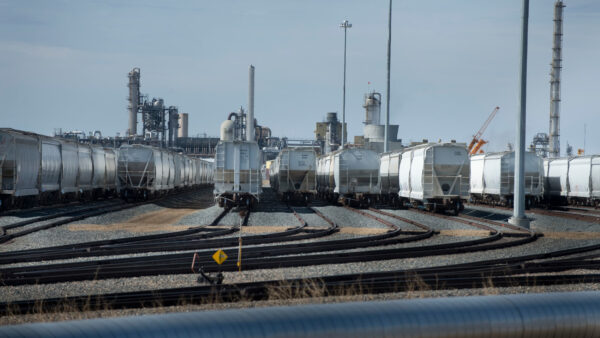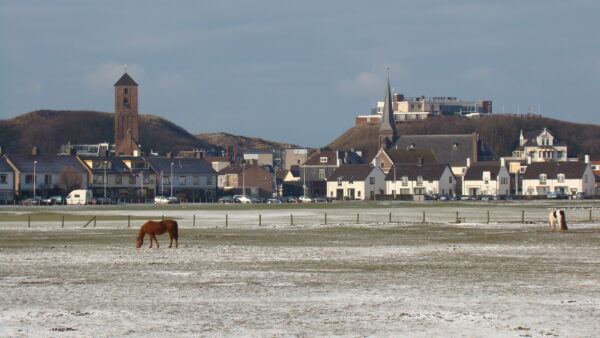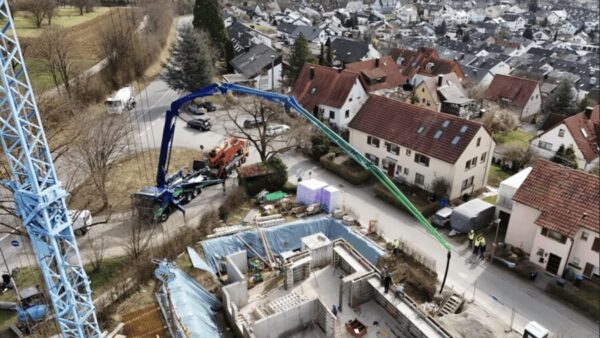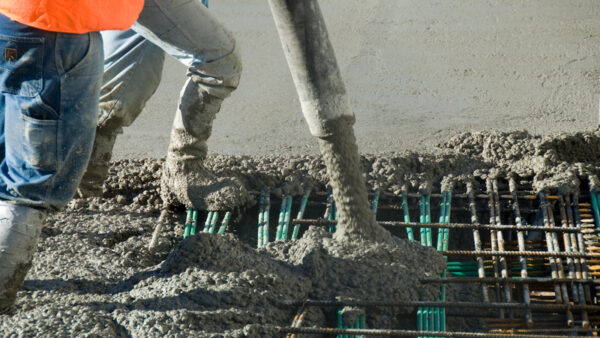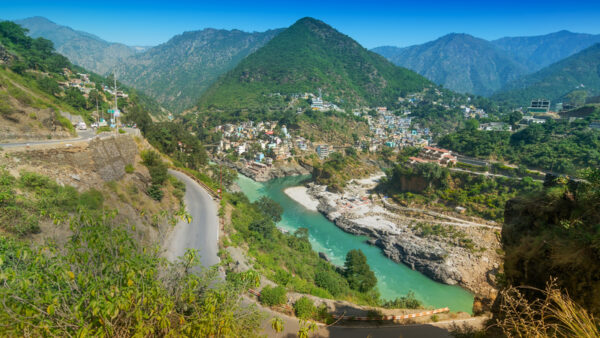Austrian contractor Strabag has gone to court in Croatia and is petitioning the European Union to stop the Croatian government awarding the 2.4km-long Peljesac bridge to a Chinese consortium.
The Chinese bid was too low and suggested state aid, Strabag argues.
China’s national media has taken up the Chinese bidders’ cause.
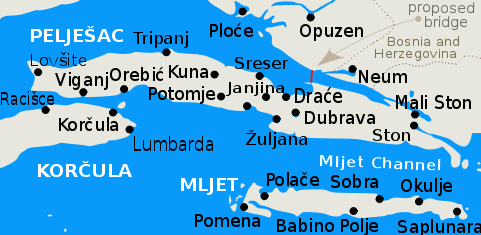
The location of the bridge
A Strabag spokesperson told GCR that the application had been made on Monday to the administrative court in Zagreb to stop work on the project going ahead.
The company has also applied to the European Commission, which has allocated €357m to the project from its Cohesion Fund. Strabag has also appealed to the European Commission, the principal funder of the scheme.
The government of Croatia is determined to proceed, however.
Oleg Butkovic, Croatia’s transport minister (pictured), told the HTV television station yesterday that the final contract with the Chinese consortium would be signed on Monday.
When asked if Strabag’s legal action would delay the scheme, he said: “Despite Strabag’s lawsuit, the procedure is legitimate for us. What kind of citizen of this country would I be if I advocated stopping the construction of the Peljesac Bridge?”
The Dubrovnik Times comments that Strabag’s intervention could delay the project by up to two years.
Three teams submitted bids for the bridge. The Chinese team, made up of China Road and Bridge, CCCC Highway Consultants and CCCC Second Harbour Engineering, bid 2.6bn kuna (€350m) and offered to build the structure and accompanying roads in 36 months. This was well below Strabag’s bid of 3.28bn kuna (€440m), and the 3.19bn kuna (€430m) offered by a joint venture between Astaldi of Italy and IC Ictas of Turkey.
After the scheme was awarded to China Road in January, both Strabag and the Astaldi bidders filed a complaint with the State Commission for Control of Public Procurement Procedures over the winner’s “unusually cheap” price, which it said was only possible because the Chinese received state aid.

Oleg Butkovic: “The procedure was legitimate”
Strabag said in a press statement at the time: “We emphasise the authority’s obligation to question unusually low prices according to EU law.”
The state commission rejected this appeal last month, leading to the present escalation in the dispute.
The controversy has become something of an international battle between the disappointed bidders and the Chinese press and government.
Hu Zhaoming, the Chinese ambassador to Croatia, told the Xinhua agency in March that the appeals against Chinese consortium were “groundless” given that the Croatia had estimated the cost of the project to be 1.8bn kuna.
“I believe that the price by the Croatian side was endorsed by relevant agencies, including the European ones,” he said. “If 2.08bn kuna is a dumping price, what about 1.8 billion kuna?”
On Monday, when the appeal was made for the injunction, Xinhua carried an interview with Ivo Josipovic, a former president of Croatia, in which he said China’s offer to build the bridge would benefit Croatia.
“I hope that the deal with the Peljesac Bridge will not be an exception in bilateral relations, but the beginning of much more intense economic, cultural and other relationships,” he said. “From China, a state like Croatia can learn a lot.”
The project to build the bridge, which has a long backstory, has great national significance for the Balkan country. As well as patriotic pride, the plan to connect the Peljesac peninsula to the mainland is intended to boost tourism and allow motorists to avoid a lengthy detour through Bosnia.
Top image: Heatherwick hopes to improve on the “soulless” modern terminal (Changi Airport)
Further reading:





